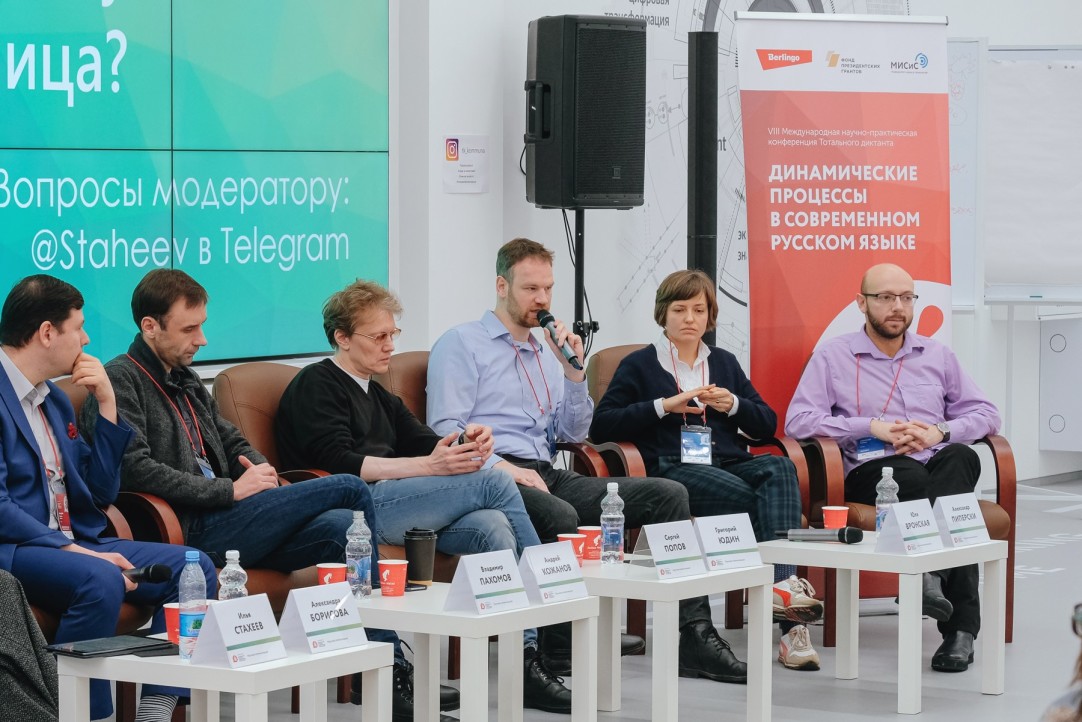
Popularizing the Humanities vs. the Natural Sciences
Hearing about research advances in medicine, biology, or physics in public discourse is a common occurrence. However, the question of whether scholarly activity in the social sciences and the humanities should be popularized has always been left unanswered. What are the features of communication between humanities and society and the media? Are different fields of knowledge popularized differently? Physicists, linguists, sociologists, science communicators, and journalists discussed this question on the eve of the Day of Russian Science at the Total Dictation Conference in Moscow.

Build It and They Will Come
Migration, both domestic and abroad, is playing a major role in transforming the world’s largest cities, and Moscow is no exception. Researchers at HSE University, the Institute of Geography of the Russian Academy of Sciences (IGRAN) and Strelka KB identified which cities’ residents are buying newly built apartments in the capital and how economic inequality between Russia’s regions is changing the face of the city.
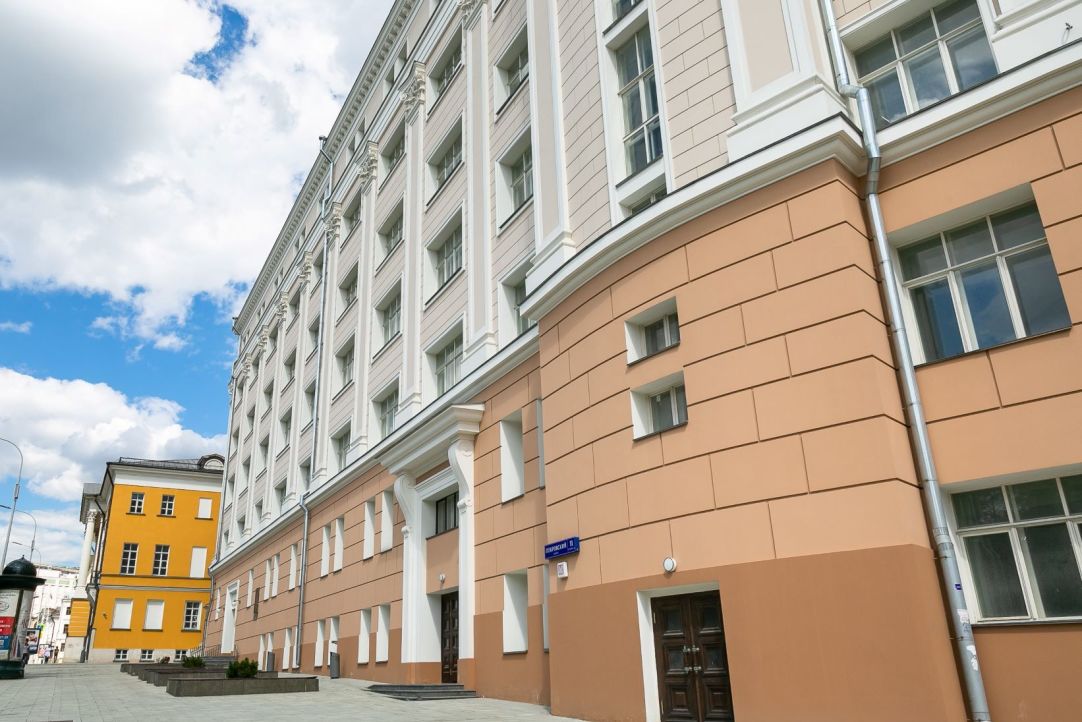
HSE Launches New International Laboratories
For ten years now, HSE has been holding an annual grant competition for researchers who wish to start new international laboratories at HSE in collaboration with leading foreign scholars and scientists. The most recent competition reached its conclusion this past November, and now some of the selected proposed labs have already begun operation. Who are the competition winners and what kind of research will they be doing?
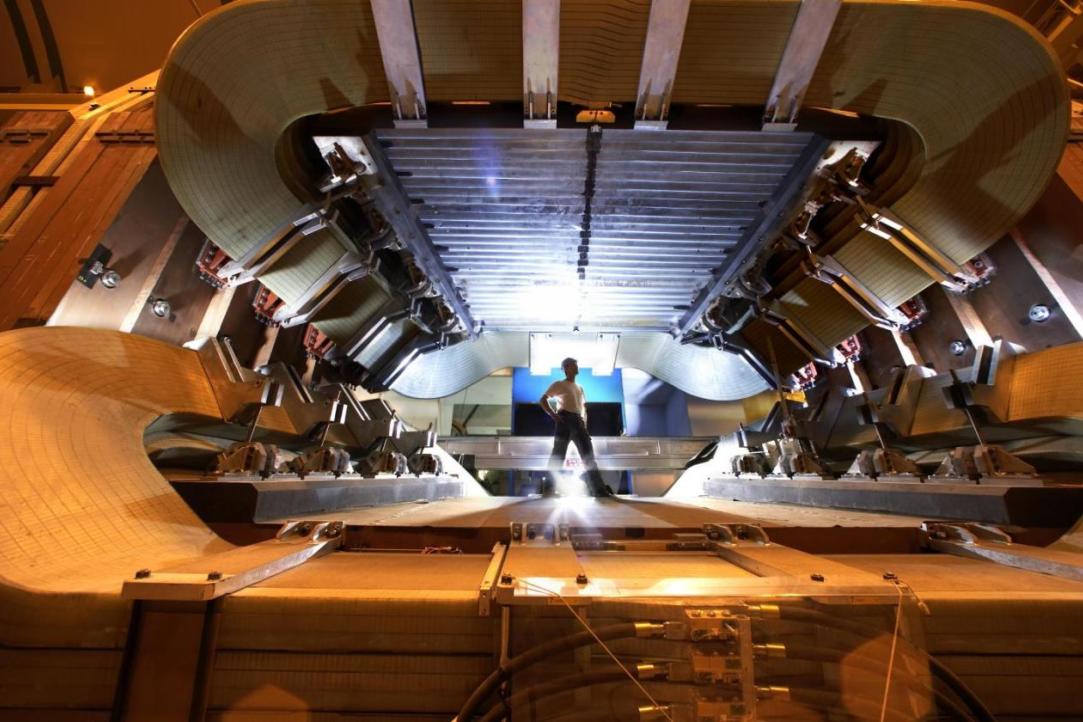
Charmed, Doubly Strange
LHCb (Large Hadron Collider beauty) collaboration, one of the LHC (Large Hadron Collider) experiments, reported that their detector has identified particles that have not previously been detected in physics experimentally – excited omega baryons (Ω-b). Just several years ago, detecting such particles in LHC was believed to be next to impossible. Among proton particles, the excited ‘charmed omegas’ were preselected by an algorithm created by staff from the HSE Laboratory of Methods for Big Data Analysis and Yandex LLC. IQ.HSE talked to Denis Derkach and Fedor Ratnikov about their collaboration’s ‘fresh catch’ and about the point of ‘fishing’ on LHCb in general.
.jpg)
Weaving Languages Together: Why Megacities Need to Preserve Multilingualism
Moscow, like any modern big city, attracts migrants from different regions and countries. Some of them speak very little or no Russian. Their adaptation and successful integration depend in part on how fast they can learn Russian and in part on whether the city makes an effort to accommodate other languages. According to linguist Mira Bergelson, this latter factor is particularly important if the city is to benefit from immigration.
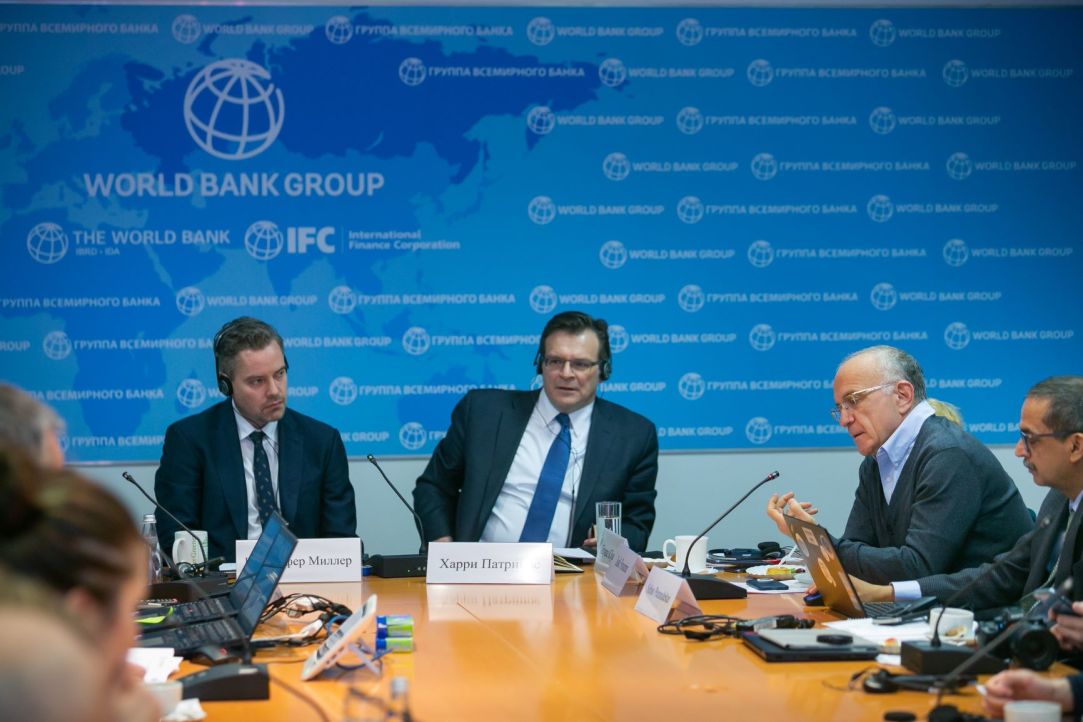
HSE Experts Discuss Human Capital at World Bank Office in Moscow
On January 29 HSE experts participated in a seminar on ‘Skills and Returns on Education in the Russian Federation’ at the World Bank office in Moscow. The seminar was held as part of the analytical support programme for Russia’s national priority project ‘Education’.
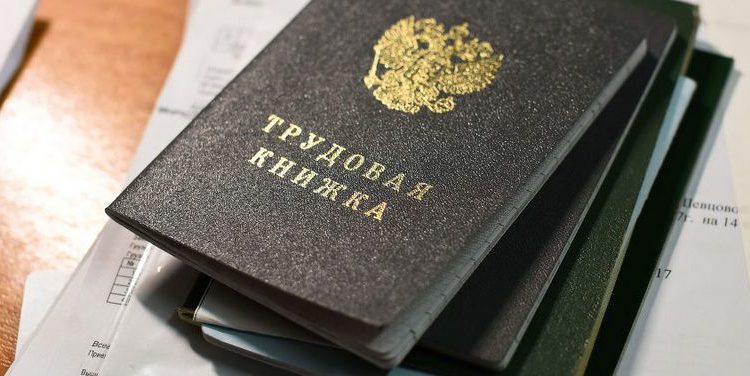
Avoid Paying So People Work: The Idea behind Unemployment Benefits
Unlike the case in many developed countries, the Russian government is ready to provide financial support to all people who are registered unemployed. Researchers from the HSE Centre for Labour Market Studies undertook a study of how the unemployed are treated in other countries and proposed measures for improving the situation on Russia’s labour market.

Following in the Parents’ Footsteps
Children from families with high professional and educational status are twice as likely to enter a prestigious university as their peers from low-resource families, HSE University researchers have found. The ‘privileged’ adolescents benefit from strong family attitudes towards a good education, parental investment in their studies and the high academic performance associated with it. At the same time, even when they have good grades, students from poorly educated families do not even try to get into prestigious universities.
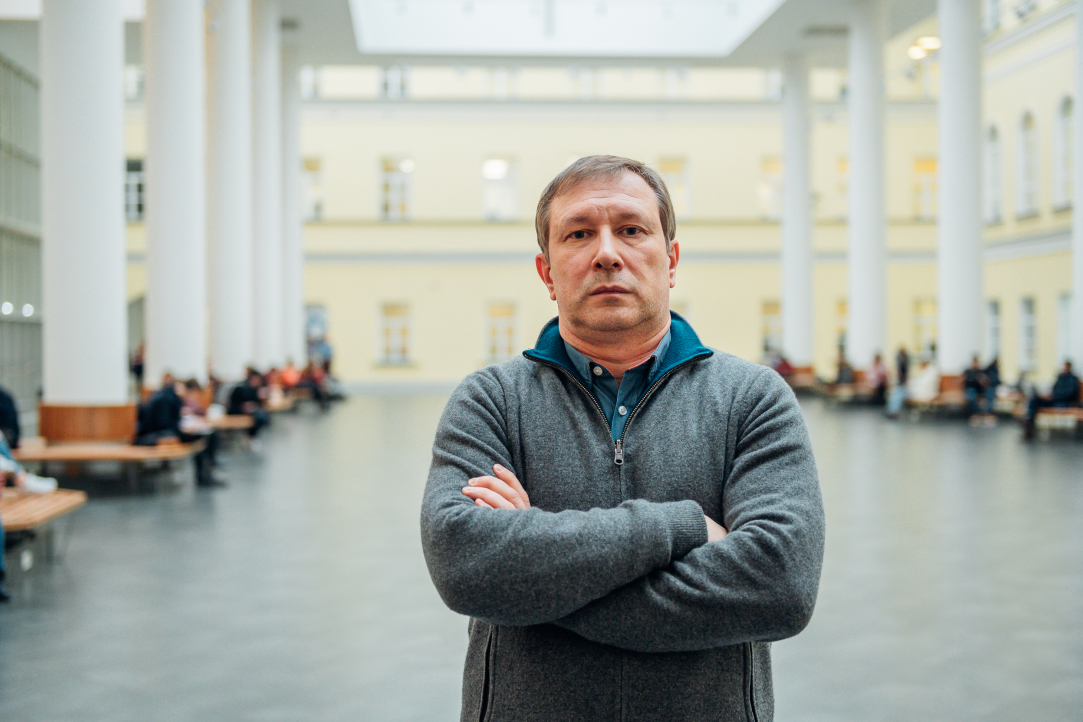
'A Good Practitioner Understands Theory and a Good Theorist Knows How Things Work'
Is a political scientist a true scientist and should political scientists be categorised as either theoreticians or practitioners? Why is Charles Darwin’s ‘The Origin of Species’ a ‘must read’ and is there any point in communicating with someone who has stopped learning? Can a modern university fence itself off from the world around it, and what does critical thinking have to do with it? These are some of the subjects we touch on in our conversation with Alexei Chesnakov, School of Politics and Governance professor with the Faculty of Social Sciences.
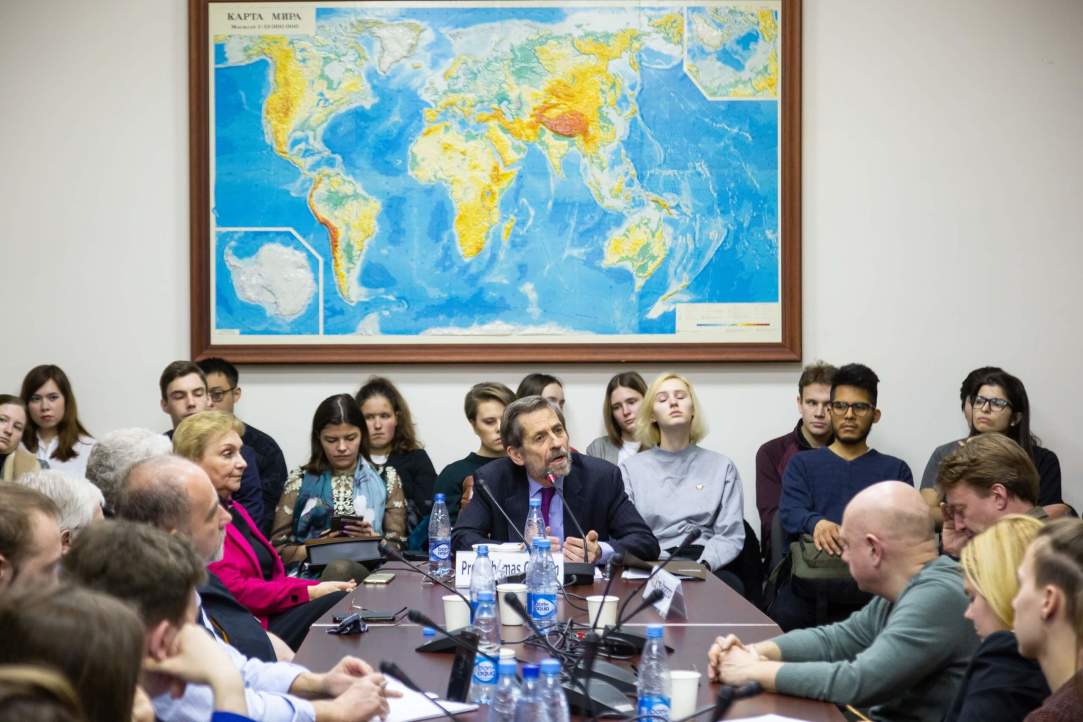
American Political Scientist Thomas Graham Speaks at HSE
On January 22, Thomas Graham, former Special Assistant to the President of the United States on Russian and Eurasian affairs (2004-2007), spoke to faculty and students of the Faculty of World Economy and International Affairs about the fundamentally competitive nature of US-Russia relations and prospects for cooperation between the two countries.


Deadline for applications to present academic reports - January 20, 2025